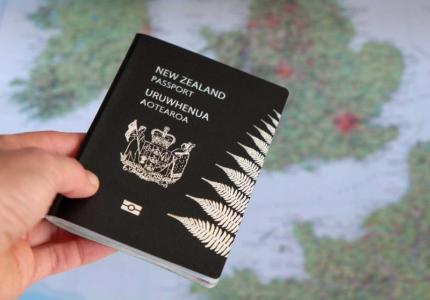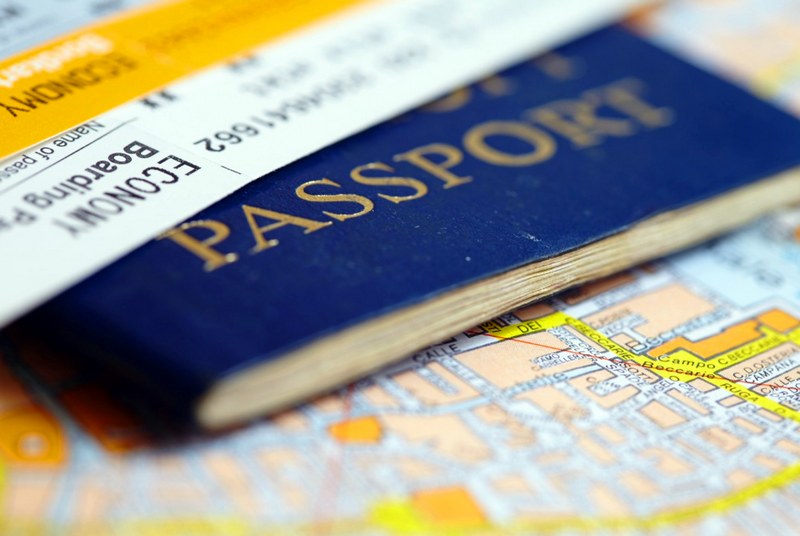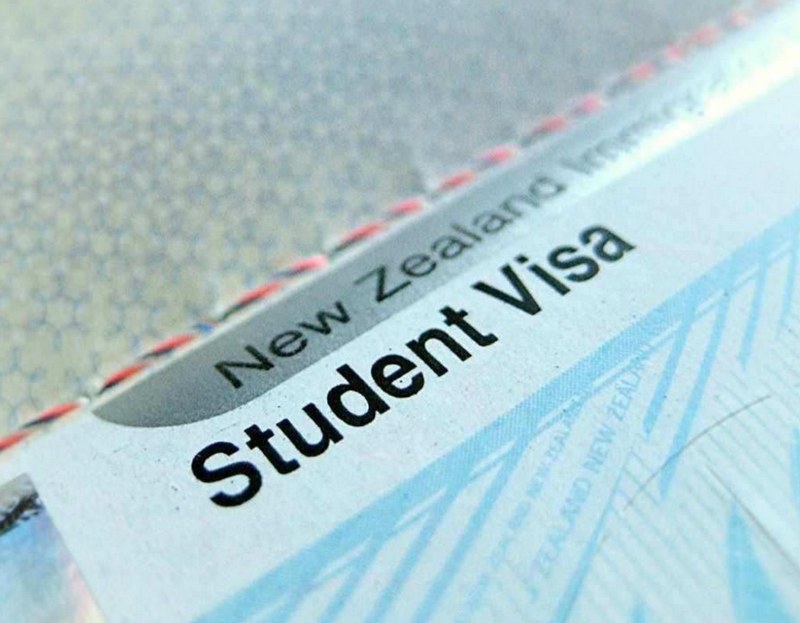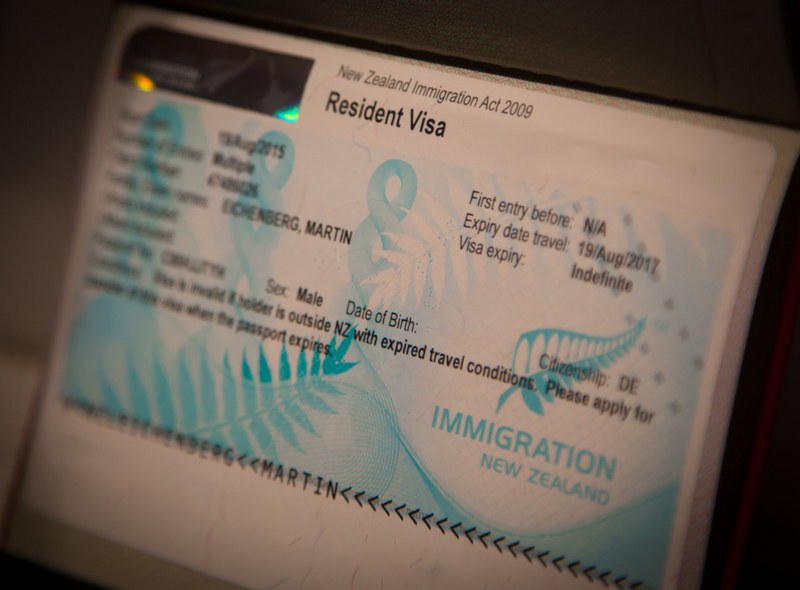Get free consultation
Fill out the form and we will contact you
New Zealand, also known as Aotearoa in the Māori language, is a beautiful island nation located in the South Pacific Ocean, famous for its stunning natural landscapes, world-class education system, and safe living environment. With a population of around five million, New Zealand attracts millions of tourists, students, and international workers each year. To enter the country, most people are required to have a visa or an equivalent electronic travel authorization. The New Zealand visa system is managed by Immigration New Zealand (INZ), an agency under the Ministry of Business, Innovation, and Employment. Visas are categorized based on purpose of travel, duration of stay, and specific conditions.
This article explores the main types of New Zealand visas in detail, including their purposes, requirements, validity periods, and application processes, to help you choose the one that best fits your needs. All information is based on the latest updates from the official INZ website.
The Visitor Visa is the most common type, intended for those visiting New Zealand for tourism, to see family or friends, or to take part in short-term non-work or non-study activities. Citizens of certain countries must apply for this visa before departure, while travelers from visa waiver countries can enter with a New Zealand Electronic Travel Authority (NZeTA) — a simpler electronic authorization.
Main Purpose: Tourism, visiting friends or relatives, attending short conferences, or exploring local culture. Working or long-term study is not allowed.
Basic Requirements: A passport valid for at least three months beyond the intended departure date, a return flight ticket, proof of sufficient funds to cover expenses (about NZD 1,000 per month), and no criminal record related to security. If you are from a country that requires a visa, you may need to provide an invitation letter from your host.
Validity: Typically 6–9 months depending on nationality and travel purpose. For example, Vietnamese citizens are often granted a 3-month visa for the first visit, extendable if necessary.
How to Apply: Apply online via the INZ website or through a visa center (VFS Global in Vietnam). The fee is approximately NZD 246, plus the International Visitor Conservation and Tourism Levy (IVL) of NZD 35.
Note: Citizens from visa-waiver countries (such as the U.S. or EU nations) only need an NZeTA (NZD 17–23) and may stay for up to 3 months. COVID-19 temporarily altered these rules, but normal procedures have now resumed, with basic health checks in place.
The Visitor Visa is ideal for short vacations, such as exploring Fiordland National Park or experiencing Māori culture in Rotorua.
New Zealand is home to one of the world’s top education systems, with universities like the University of Auckland ranked among the global top 100. The Student Visa is designed for international students enrolling in full-time courses at approved educational institutions.
Main Purpose: Studying at universities, colleges, or language schools. Students can work part-time (up to 20 hours per week) during study periods and full-time during breaks.
Basic Requirements: An official Offer of Place from an approved institution, proof of financial support (at least NZD 1,250 per month for courses under 36 weeks or NZD 15,000 per year for longer programs), health insurance, and a medical check for stays over 6 months. Students under 18 must have a legal guardian.
Validity: Matches the length of the study program plus an additional 1–3 months for travel or job searching. Renewable if continuing studies.
How to Apply: Apply online with a fee of NZD 430. Processing time is usually 4–6 weeks.
Note: After graduation, students may apply for a Post-Study Work Visa valid for 1–3 years, depending on their qualification level. This allows them to gain work experience and potentially qualify for residency.
Every year, about 100,000 international students choose New Zealand for its friendly learning environment and strong employment prospects.
The Work Visa is key for those wishing to contribute to New Zealand’s economy, which faces labor shortages in fields like healthcare, technology, and agriculture. Several subcategories exist, with the Accredited Employer Work Visa (AEWV) being the most common.
Main Purpose: To work for a New Zealand-accredited employer. It may lead to residency if certain criteria are met.
Basic Requirements: A valid job offer from an accredited employer, minimum pay rate (currently about NZD 29.66/hour for AEWV), relevant skills or qualifications, and a medical check. The employer must prove that no suitable local candidate is available.
Validity: Typically 2–3 years, extendable up to 5 years. The Working Holiday Visa (for people aged 18–30/35 depending on nationality) allows both travel and work for 12–23 months.
How to Apply: Employers provide an online application link. The AEWV fee is around NZD 700.
Note: Other categories include Specific Purpose Work Visa (for short-term roles like sports or arts) and Essential Skills Work Visa (being phased into AEWV). The Working Holiday Visa is available to citizens of over 40 countries, including Vietnam (limited quota).
Work visas help sustain New Zealand’s economic growth, which maintains a low unemployment rate of around 4%.
A Resident Visa allows you to live in New Zealand long-term, enjoying nearly the same rights as citizens, including access to public healthcare and education. For many migrants, this is the ultimate goal.
Main Purpose: Long-term settlement, with eligibility for citizenship after five years.
Basic Requirements: Applicants are assessed through the Expression of Interest (EOI) points system under the Skilled Migrant Category, based on factors like age, work experience, education, and job offer. For instance, a minimum IELTS score of 6 and relevant professional experience are typically required.
Validity: Initially 2 years, after which holders can transition to a Permanent Resident Visa (with indefinite validity).
How to Apply: Submit an online EOI. If selected, you’ll be invited to lodge a full application. The total cost is about NZD 4,000.
Note: Other streams include the Family Category (for spouses and dependents), Investor Visa (requiring at least NZD 3 million investment), and Refugee Family Support. The Skilled Migrant Category remains the most common for skilled professionals. Approximately 50,000 people are granted residency each year, contributing to New Zealand’s cultural diversity.
A Transit Visa is for travelers passing through New Zealand to another destination without entering the country.
Main Purpose: Transit only, without entering New Zealand.
Basic Requirements: A valid onward flight ticket, a valid passport, and no intention to stay.
Validity: Up to 24 hours.
How to Apply: Apply online if required; fees are waived for some nationalities.
Note: Citizens of visa-waiver countries can transit without a visa if the stay is under 24 hours.
Business/Investor Visa: For entrepreneurs investing in New Zealand’s economy, requiring substantial capital.
Refugee/Protection Visa: For individuals seeking asylum or protection.
Group Visitor Visa: For large organized tour groups.
Conclusion
New Zealand’s visa system is both flexible and strict — designed to protect its borders while promoting beneficial migration. Before applying, always check the official INZ website for the latest updates, as regulations may change due to factors such as public health or economic policy. If your case is complex, consulting a licensed immigration advisor is recommended. With the right visa, you can explore the “Land of the Kiwi,” where nature and people exist in perfect harmony. Second Citizenship wish you success on your journey to New Zealand!
Fill out the form and we will contact you



